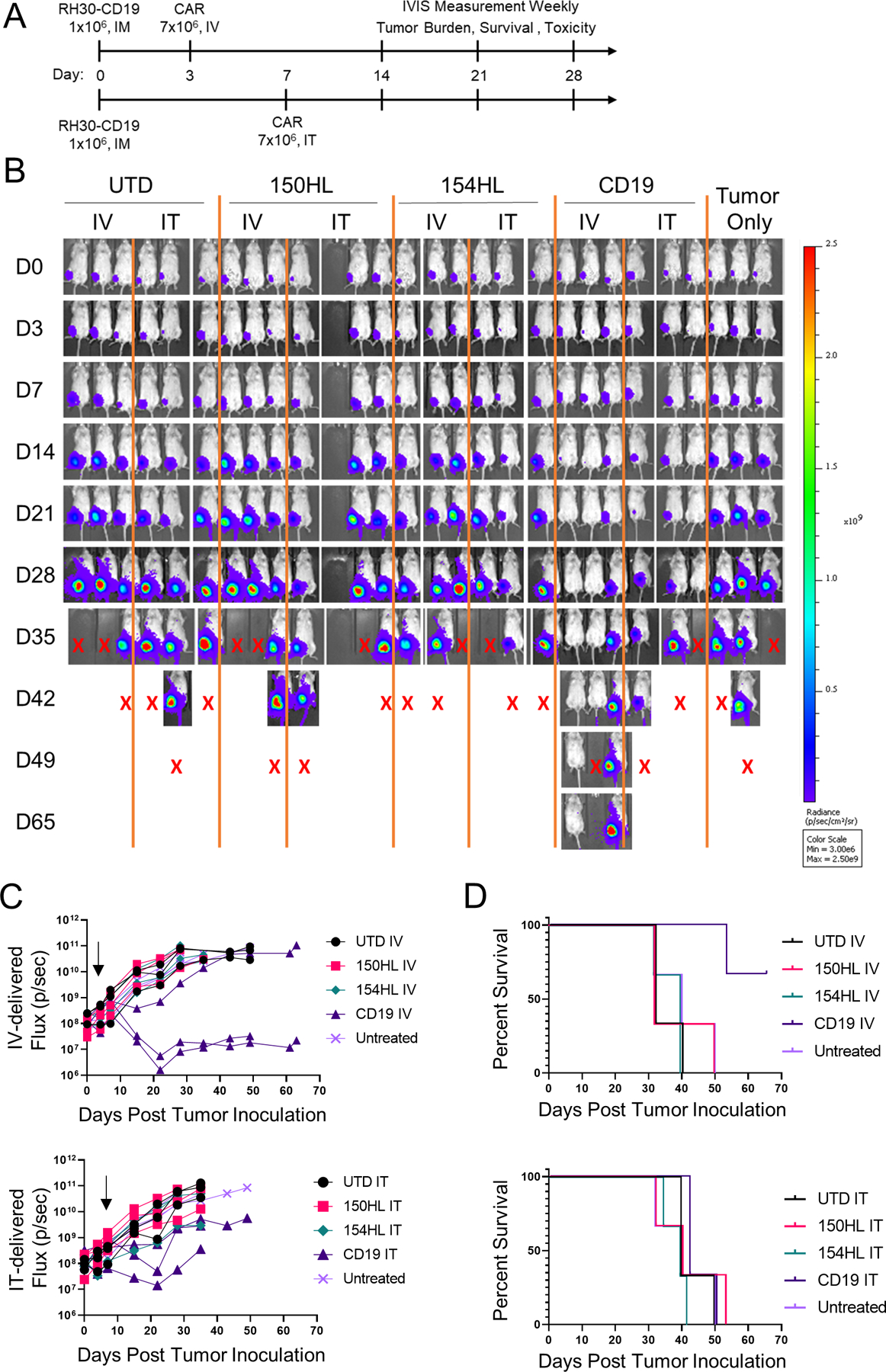Figure 3. CAR-T cell therapy alone fail to control I.M. RMS tumors.

A. Schematic experimental timeline. Tumors were injected intramuscularly on day 0. CAR-T cells were injected I.V. on day 3 for one group (top line) or injected intratumorally (IT) on day 7 in a separate group of tumor-bearing mice, 7x106 per mouse. The top two anti-FGFR4 CAR candidates, RJ150HL and RJ154HL, as well as CD19 were used for treatment. B. Weekly IVIS measurements was used to determine tumor growth until mice reached endpoint (tumor volume >1000 mm3). Groups of three mice received CAR-T cells IV, IT, or control (UTD). Three mice received tumor only. X indicates sacrifice as per protocol. C. Flux (photons/sec) of individual mice treated with either IV-delivered CAR-T cells (left) or IT-delivered CAR-T cells (right) is plotted. Arrows indicated the time of CAR-T injection. D. Kaplan-Meier survival curves for mice receiving IV- (left) or IT- (right) delivered CAR-T cells. Two mice treated with IV CD19 CAR-T survived to day 65.
